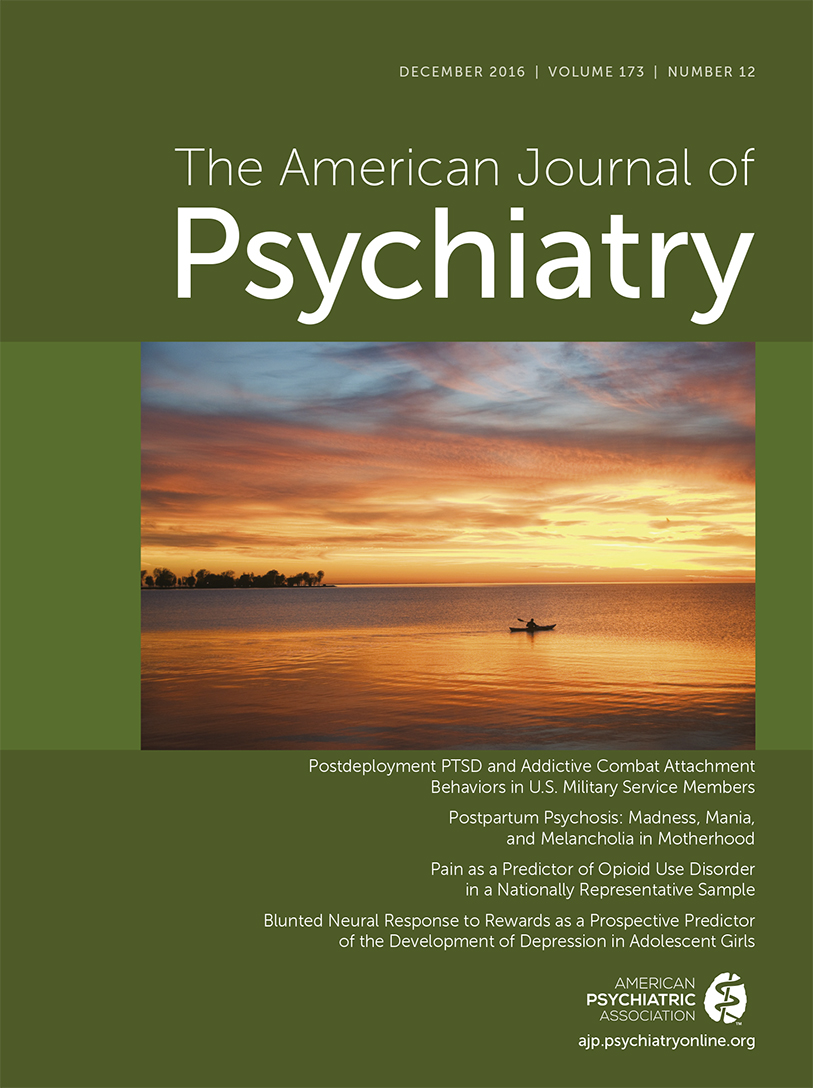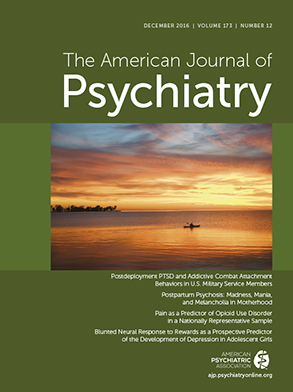T
o the E
ditor: The article by Dr. Vanderlip and colleagues (
1), published in the July 2016 issue of the
Journal, provides a framework for extending psychiatrists’ role into primary care. There are hazards to this approach that are critical to appreciate for the safe care of persons with significant medical and psychiatric conditions. While we all understand the growing need to provide better access to care and the benefits of “one stop shopping,” where a patient can receive comprehensive care in one setting, the training needed for such care is essential to consider for the well-being of our patients.
The article suggests that psychiatrists, in collaboration with primary care physicians who confer and offer advice, should be able to handle “routine conditions.” However, there is a difference in culture and orientation between psychiatrists and primary care physicians. Psychiatrists are subspecialists who may offer expertise in pharmacotherapy and/or psychotherapy to manage the many psychiatric conditions that fall within their purview. For reasons of training and interest, it is easier and more efficacious to train primary care physicians to practice “psychiatry light” than it is to train or interest psychiatrists in practicing “medicine light.” Primary care is in fact the most common setting for first-line treatment of depression, anxiety, and insomnia, and so in many respects this type of “one stop shopping” is already taking place.
The practice of partial medicine can have untoward consequences that must be appreciated if subspecialty physicians or other clinicians, such as advanced practice nurses, provide this care. The example provided in this article describes a psychiatrist engaging in treating hypertension with lisinopril in a patient reluctant to keep appointments with a primary care physician. The article described a good outcome from what appeared to be a benign intervention, although it is not clear that all psychiatry clinics offer regular blood pressure measurements to permit detection of the problem.
It is critical to appreciate that hypertension is a complex or at least a potentially complex condition and that lisinopril is not necessarily a benign drug in special conditions. Prior to engaging in such prescribing, it is essential to understand potential adverse effects and drug interactions. It is also essential to evaluate the patient for other causes of hypertension, including renal artery disease, endocrine disease, obesity, sleep apnea, pregnancy, coarctation of the aorta, excessive licorice consumption, as well as certain prescription medications, herbal remedies, and illegal drugs, to name a few potential causes.
Like the first author of the article, Dr. Vanderlip, I am also a double-boarded psychiatrist-family physician (actively working in both disciplines), and I engage in the treatment of psychiatric and general medical conditions during the same visit. Furthermore, in coordination with a social worker trained in supportive therapy, I teach family medicine residents to evaluate and treat these “combined” patients in a primary care setting.
The best person to treat both psychiatric and comorbid medical conditions is someone practicing both. Absent that, rigorous psychiatric training for family physicians and general internists built into residency training allows for some cross-treatment. The management of general medical conditions in non-primary-care subspecialty settings should be viewed with caution to avoid undue risk to the patients in question.

